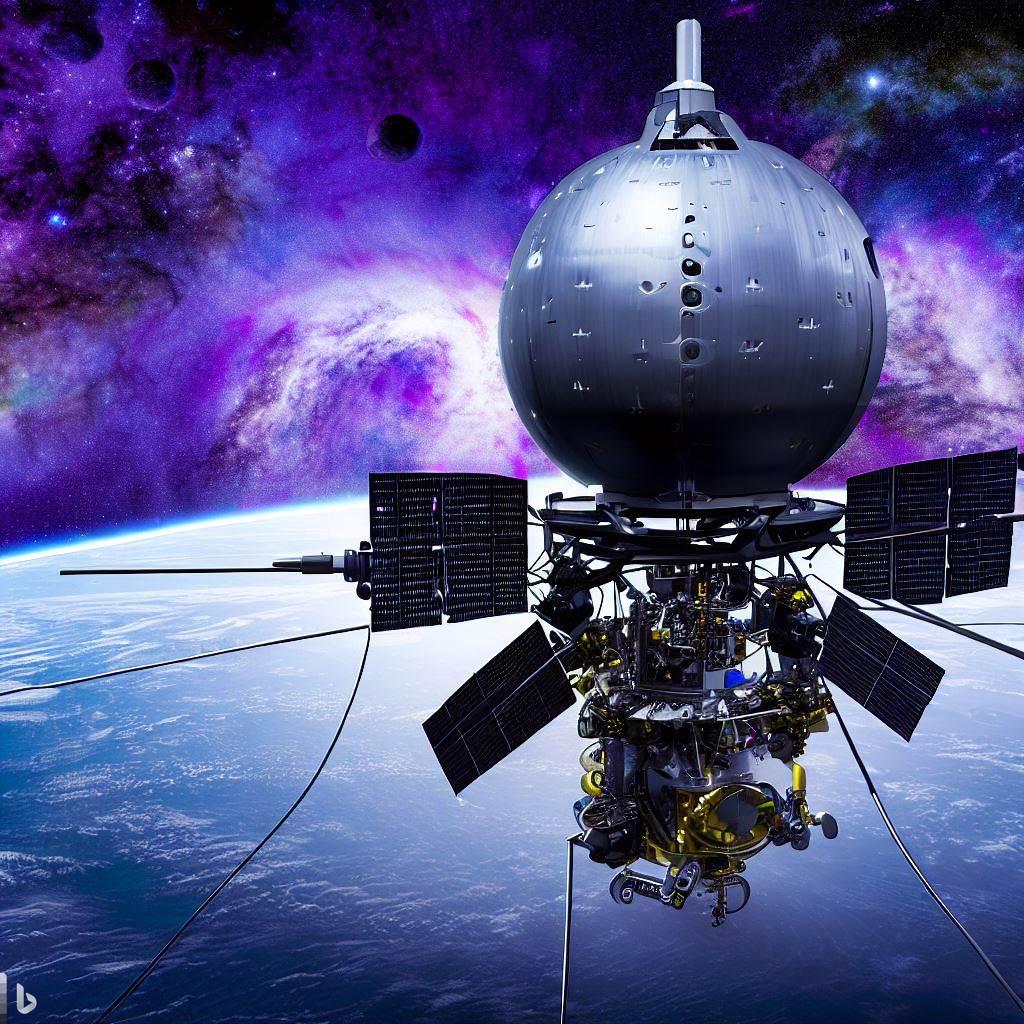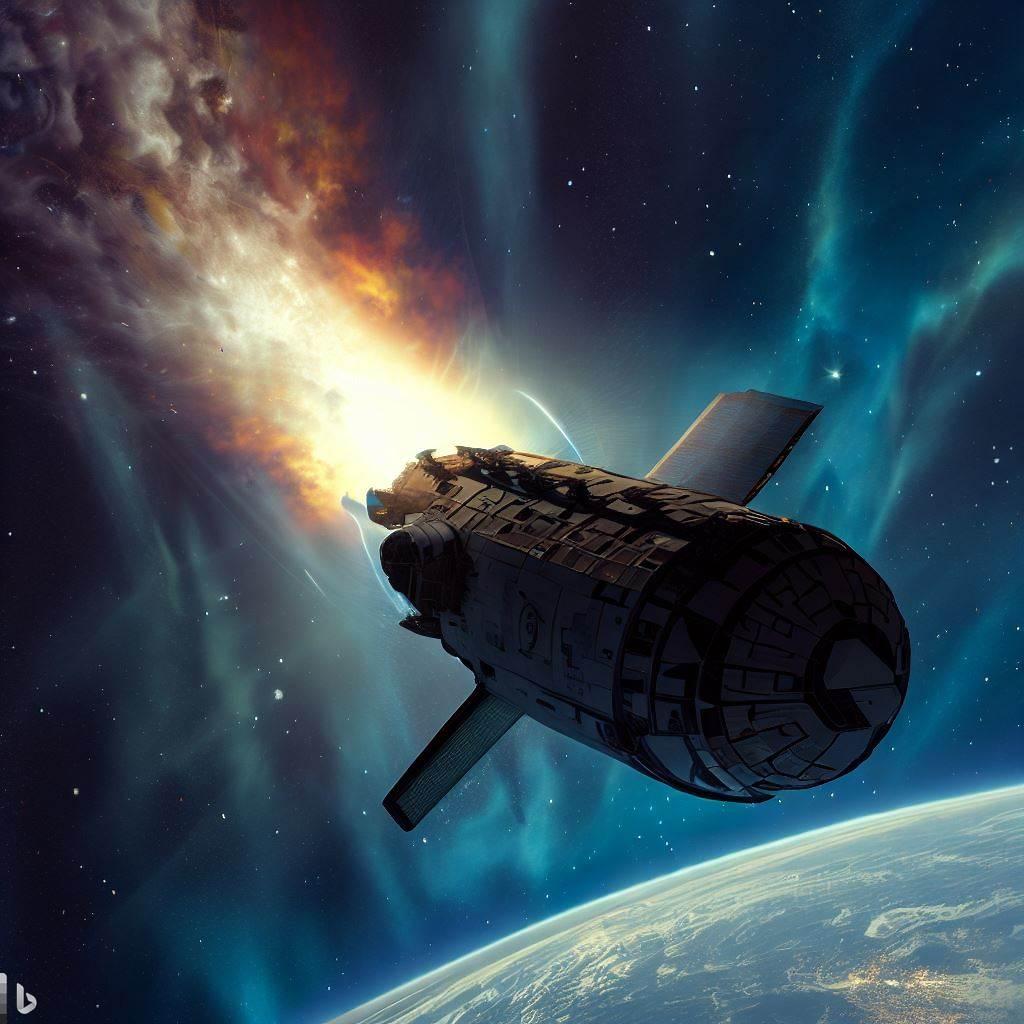This article explores the potential future of space exploration, discussing current advancements in technology and the potential for human colonization of other planets. It also touches on the ethical considerations surrounding space exploration and the need for responsible exploration.
Humans have always been curious about the unknown. From exploring the depths of the oceans to climbing the highest mountains, our thirst for exploration and discovery knows no bounds. But perhaps the greatest unknown lies beyond our own planet: space.
Since the dawn of the space age in the 1950s, humans have been venturing into space, sending probes, satellites, and humans into orbit and beyond. But despite our many achievements, we have barely scratched the surface of what lies beyond our planet. The future of space exploration promises to be even more exciting and groundbreaking than anything we have seen before.

Here are some of the key areas that are likely to shape the future of space exploration:
- Human missions to Mars
For decades, Mars has captivated our imaginations as a possible destination for human exploration. In recent years, there has been renewed interest in sending humans to the Red Planet, with several space agencies and private companies working on plans to make this a reality.
Mars presents a number of challenges for human missions, including the long journey time and the need for astronauts to live and work on the planet's surface for extended periods of time. But with advances in technology and a renewed focus on exploration, the first human mission to Mars could be just a few decades away.
- Commercial space travel
While government agencies have traditionally been at the forefront of space exploration, the rise of commercial space travel is set to change the game. Companies like SpaceX, Blue Origin, and Virgin Galactic are all working on developing reusable rockets and spacecraft that can take paying passengers on short trips to space.
While commercial space travel is still in its infancy, it has the potential to open up space exploration to a wider range of people and could even pave the way for space tourism in the future.
The future of space exploration promises to be one of the most exciting and transformative eras in human history. From human missions to Mars to commercial space travel and deep space exploration, the possibilities are endless. While there are still many challenges to overcome, the thirst for discovery and exploration that has driven humans for centuries shows no signs of abating.









Add a Comment: